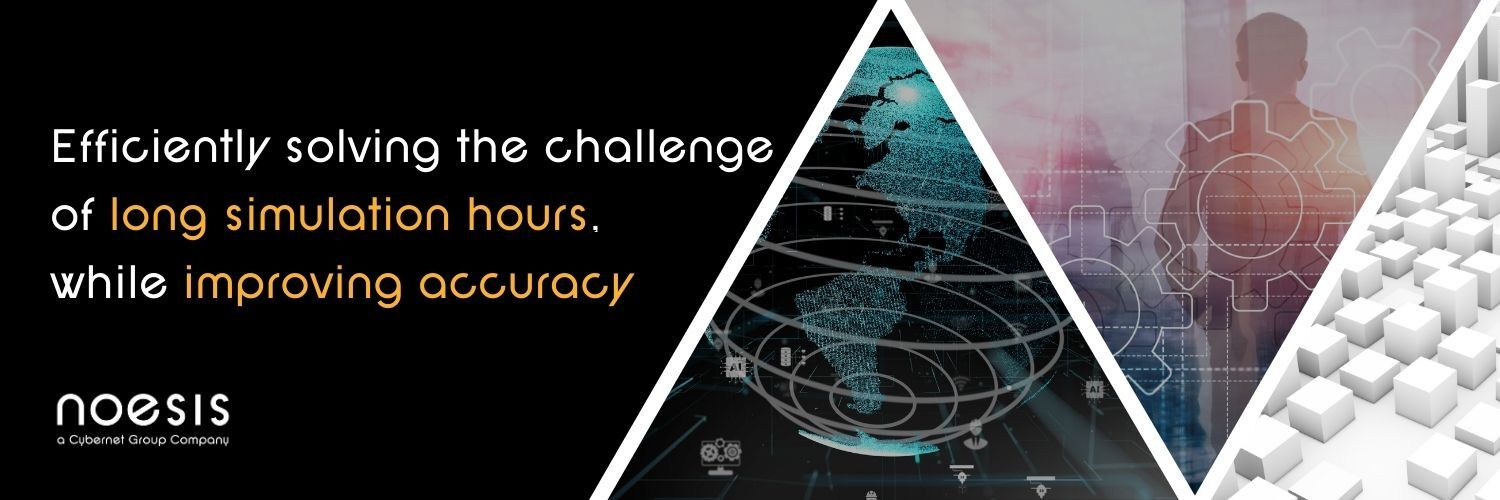Advancing Engineering Design with Multi-Fidelity Efficient Global Optimization (MFEGO)

Advancing Engineering Design with Multi-Fidelity Efficient Global Optimization (MFEGO)
Modern engineering design processes have evolved to incorporate a vast amount of data from various sources, providing valuable insights into complex systems. The integration of diverse data into consistent predictive models, known as multi-fidelity models, has emerged as a revolutionary approach. By leveraging this technique, engineers can experience reduced costs, improved design quality, and faster optimization processes. However, a key challenge in this domain lies in developing algorithms that automatically identify the optimal distribution of design investigations, striking a balance between sampling cost and desired accuracy.
In my latest trip to Japan, the key topic of discussion was how we can efficiently solve the challenge of long simulation hours, while improving accuracy. We explored the Multi-Fidelity Efficient Global Optimization (MFEGO) algorithm, which has been designed to address the challenges posed by integrating multi-fidelity models seamlessly into the engineering design process. MFEGO employs co-Kriging, a powerful statistical interpolation technique, to build these multi-fidelity models and effectively guides design decisions while selecting appropriate fidelity levels. Let's delve into the details of how MFEGO, in conjunction with Optimus, an automation and optimization tool by Noesis Solutions, enhances the engineering design landscape.
Understanding Multi-Fidelity Models
Before we delve into MFEGO, it is essential to understand the concept of multi-fidelity models. In engineering design, fidelity levels represent different levels of complexity and computational cost in modeling a system. High-fidelity models are often detailed and accurate but computationally expensive, while low-fidelity models are simpler and computationally less demanding but may lack accuracy. A multi-fidelity model combines information from both high and low-fidelity models to obtain accurate predictions while reducing computational costs. This approach leverages the strengths of different models, resulting in a more efficient and effective optimization process.
The Multi-Fidelity Efficient Global Optimization (MFEGO) algorithm is a powerful tool designed to enhance the optimization process in engineering design by efficiently utilizing multi-fidelity models. MFEGO effectively balances the trade-off between computational cost and prediction accuracy. It behaves similarly to the single-fidelity Efficient Global Optimization (EGO) algorithm, which is widely used for optimization tasks.
Benefits of MFEGO in Engineering Design
The integration of the MFEGO algorithm with Optimus offers several significant benefits to the engineering design process:
- Improved Accuracy: By leveraging the strengths of high and low-fidelity models, MFEGO delivers more accurate predictions than single-fidelity optimization methods.
- Reduced Computational Cost: The dynamic selection of fidelity levels optimizes the trade-off between cost and accuracy, leading to substantial reductions in computational expenses.
- Faster Optimization: The iterative and informed nature of MFEGO accelerates the optimization process, enabling engineers to reach optimal solutions more quickly.
Conclusion
Modern engineering design processes face the challenge of integrating data from diverse sources into consistent predictive models. Multi-fidelity models, supported by the Multi-Fidelity Efficient Global Optimization (MFEGO) algorithm, provide a robust solution to this challenge. By seamlessly integrating with Optimus, MFEGO optimizes design decisions while effectively balancing computational cost and prediction accuracy.
The success of the multi-fidelity approach in increasing optimization accuracy and reducing computational costs marks a significant advancement in engineering design. As technology continues to evolve, we can expect MFEGO to become an indispensable tool for engineers seeking efficient and effective solutions to complex design problems.
Tags
Other posts
-
What's new in Optimus 2025.1 — More Power, Control and Efficiency
May 19, 2025
-
Accelerate automotive crashworthiness with AI
May 13, 2025
-
R&D: The Centre of Innovation in Engineering
Apr 29, 2025
-
Bringing AI to Engineering Postprocessing: The Story Behind Optimus AI Postprocessing
Feb 26, 2025
-
Are siloed engineering teams draining your resources and slowing down innovation?
Feb 26, 2025
-
Are Engineers Ready to Fully Embrace AI Models in Design and Analysis?
Jan 27, 2025
©2025 Noesis Solutions • Use of this website is subject to our legal disclaimer
Cookie policy • Cookie Settings • Privacy Notice • Design & Development by Zenjoy